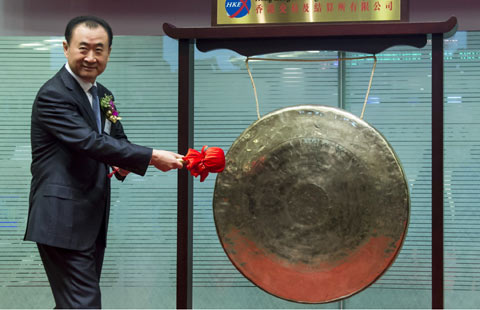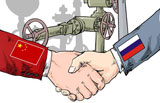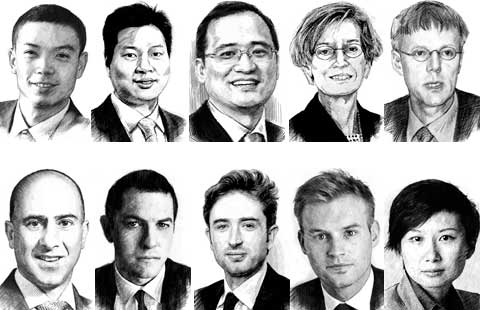China's evolutionary road
By CECILY LIU (China Daily) Updated: 2015-01-05 10:18Another factor in the battle for Chinese talent is the larger context of China's structural shift from a manufacturing-based economy to high-value added and consumption-driven growth.
Manufacturing, which was a key market opportunity for Western businesses in China five years ago, is no longer a unique selling point as the country's labor costs increase. Many manufacturers, Chinese and Western, are now shifting their production base to countries such as Vietnam and India, where costs are lower.
Instead, major opportunities for foreign companies in China now exist in consumption-based sectors, like financial services, education, healthcare and pensions, where regulations are gradually being loosened to allow for foreign entrants, Fuller says.
One example is the development of the China (Shanghai) Pilot Free Trade Zone, a designated area used as a testing ground for China's financial services reform policies. Within the zone, foreign firms find looser regulations on larger capital accounts, fewer barriers to entry and greater interest rate liberalization.
These emerging opportunities mean that foreign businesses cannot simply train Chinese workers to make a product using global standards. Instead, they have to solicit the help of their Chinese employees to understand the consumer market, he says.
"In the Chinese market, the way customers buy products and the way clients expect things to be done are different. So your approach needs to be consistent but also flexible according to local market needs," Fuller says.
In recent times, a more controversial challenge has arisen: China's antitrust laws, which have been in place since 2008, and what some think is discrimination against foreign firms. In November, the Chinese government charged Microsoft $140 million in back taxes and interest. Qualcomm, the US semiconductor company, is currently under investigation by the National Development and Reform Commission and reportedly faces a fine of $1 billion.
Fuller says it is understandable for the Chinese government to enforce its antitrust laws because such laws are essential in protecting consumer rights and market efficiency.
He says these laws are likely being enforced today because regulators did not have the capacity or the knowledge to enforce them strictly a few years earlier when the market was less mature.
"The challenge in China is that it has had so much change in such a short space of time, including the freeing up of regulations and laws being enforced. The rate of change is significant and people need time to react to changes."
He says he is optimistic about the Chinese government's ability to reduce regulatory bureaucracy, citing the example of China's leaders' vow to streamline the nation's system of government approvals, specifically to reduce current government approval powers by one-third.
Fuller also says the new laws are needed to address new emerging challenges, citing the array of new laws in the global banking industry. China's enforcement of antitrust laws has therefore received far greater attention because of the "heightened visibility of what's happening in China".
"Everyone is watching China closely, whether it's the number one or number two sized economy in the world based on purchasing power parity, whether the HSBC Flash China Manufacturing Purchasing Managers Index is up or down."
Fuller says he believes this high degree of attention to China is due to its amazing transformation over the past 30 years.
He says it is impossible to find evidence to back up claims that Chinese regulators are willfully targeting foreign companies because there are no statistics available on how many Western companies are being investigated in comparison to Chinese ones.
- Tipping Point
- China's multi-billion-dollar 'haitao' splurge
- Smartphones help boost e-commerce
- Lock-up shares worth 254b yuan eligible for trade in Jan
- China's Fosun closes in on Club Med buyout
- Chinese airlines to cut fuel surcharges
- China braces for slower but better growth in 2015
- People scramble for free gifts advertised on Wechat

















